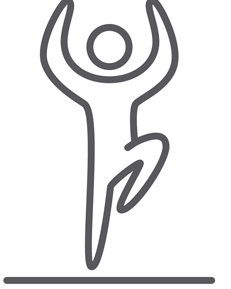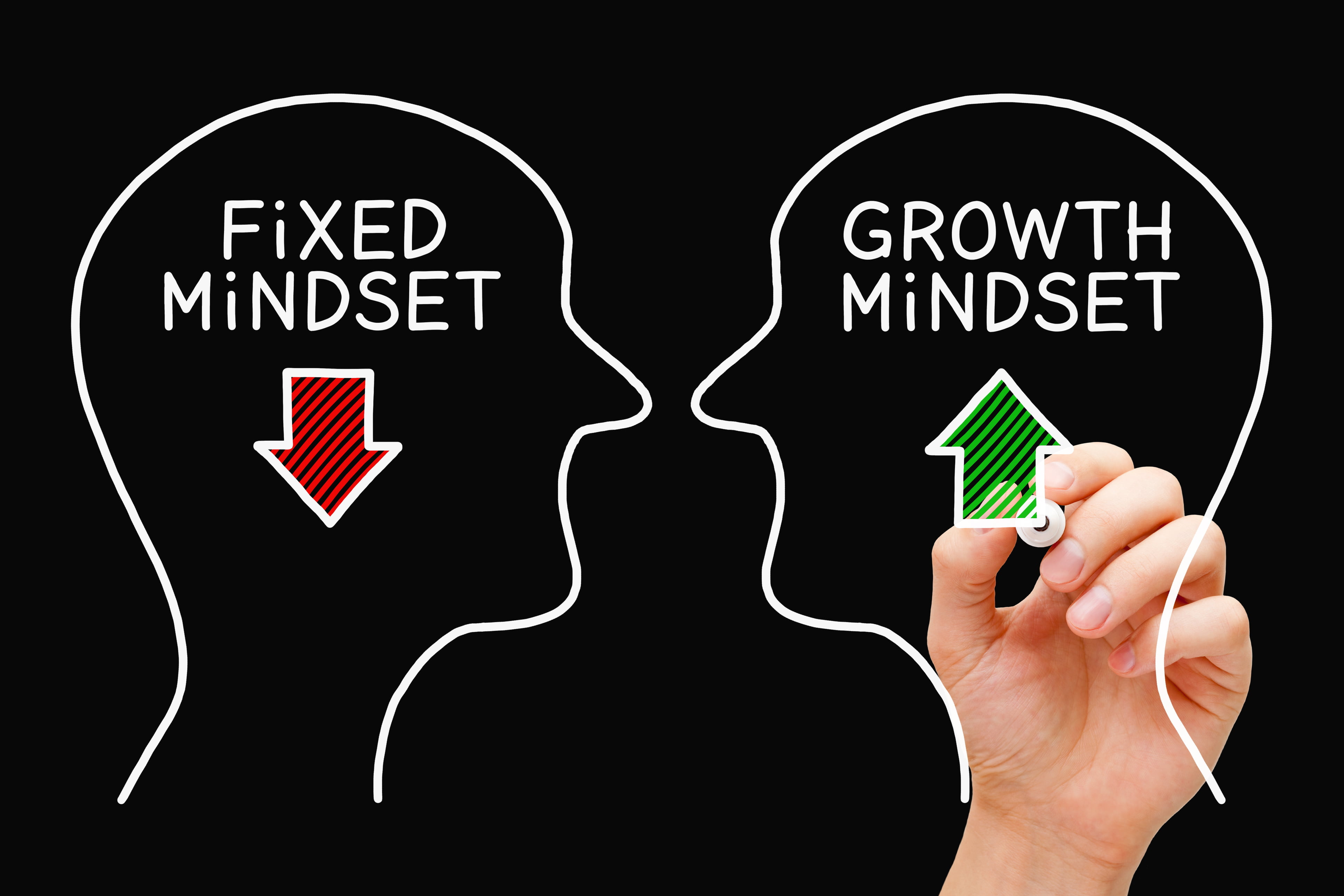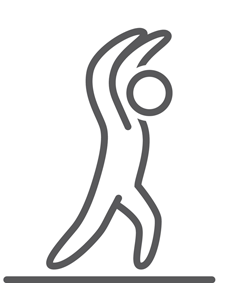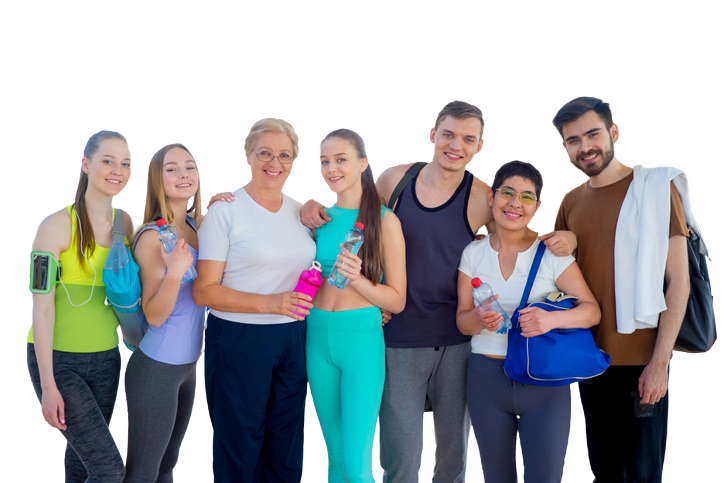Blue Mountains Alexander Technique
We’re experts in teaching the Alexander Technique to develop your wellbeing.
What is the Alexander Technique?
If you are wondering about what the Alexander Technique is and if it can help you, then you’re at the right place! Alexander Technique is a world renown method to improve posture, movement,breathing and balance! Alexander Technique develops your body and your mind. It is a unique learning method that teaches you to prevent and undo harmful movement patterns, while allowing for effortless elastic uprightness to occur naturally.
You’ll find all the information that you need to get started on this website.
Why choose Alexander Technique?

Alexander Technique posture
What is your posture like? If you answered,”pretty ordinary” then you already know how hard it is to improve your posture. Your posture says so much about you. Poor posture often equals big discomfort.
You can change all that through Alexander Technique lessons. What happens is you learn to think about your posture and your balance in new ways. You are led to experience new ways of moving and balancing.That combination of experience and thinking ends up as a new rapid pathway to being easily upright.
People are quite surprised that they feel light and buoyant after a lesson at Blue Mountains Alexander Technique.
Posture is not about being stiff and rigid. Those who know will tell you that great posture is flexible, easy and free.
Regardless of your weight, your age or your fitness, great posture can be a key to feeling great.
Reduction of chronic pain
People involved in chronic pain studies (read about them here) reported a significant improvement through use of Alexander technique. The number of pain days decreased.
One common outcome of the Technique body learning is a reduction of pain conditions.
While not a treatment or medical procedure, developing insightful information and experience of new movement patterns can be life changing.
Read some of the testimonials below from past students.
They recount how the information that you learn in Alexander classes can be incredibly useful.
Some key elements of pain:
- using incorrect movements can add pressure onto an existing injury obstructing your body’s natural healing.
- Attitude, state of mind is a key factor to the ability to cope with pain.
- Poor information about your injury and what you should be doing to manage it can increase fear levels which in turn reduce pain tolerance
- Becoming more in tune with your body can be counter-intuitive. Pain sufferers try to block sensations from their body. Alexander learning can help with that.
Improved performance
The Alexander work has been described as conservation of energy for humans. Alexander Technique encourages flexibility and flow.
If you are involved in performance based activities the Technique can be very useful for you. Tension and rigidity get in the way of good performance.
Long hours practising your instrument, performing demanding physical roles or meeting the requirements of difficult sporting technique can leave you in pain or physically injured.
Alexander Technique teaches you how to apply thoughtful awareness during your activity. Decrease the amount of unnecessary stabilising, gripping and over-tension then increase your ability to harness flow, natural rhythm and breath to regain pleasure in your activity.
Many famous performers and sportspeople have learned Alexander Technique to assist their process. Paul McCartney, Sting, John Cleese, Paul Newman, Greg Chappell, George Bernard Shaw. Aldous Huxley and many others have benfited.
The movement analysis skills that you learn are just the tip of the iceberg in terms of skills learned.
A new outlook
FM Alexander suggested that we translate every experience into muscle tension. Letting go of over tightened muscles, finding easy balance and buoyant uprightness brings with it a new positive disposition and often an improved emotional flexibility.
Regulating your emotional responses leads to improved outcomes in all areas of life.
120 years ago, Australian FM Alexander put forward a method for change that today would be called “neuro-plasticity”. He knew from his observation that adults can learn and change. He had developed a learning method for physical and mental improvement which famous educationalist, John Dewey, labelled “Thinking in Activity”.
Even today with all we know about neuroscience and human behaviour, very few learning methods can provide as high quality information and potential for physical and mental improvement as the Alexander Technique.
Book in for your first lesson today. Michael and Jane Shellshear are located in Leura NSW.
Schedule AppointmentMichael interviewed on Blue Mountains Radio 12/3/2024
Listen to Michael being interviewed on Robyn Catchlove’s show on Blue Mountains Community Radio. To hear the whole interview click here.
More reasons to consider Alexander Technique lessons
1. Find a method to diminish and manage chronic pain.
Alexander lessons provide a unique form of bodymind learning that appears to have useful properties for people suffering from chronic pain conditions. In lessons, you learn to understand your bodymind responses and diminish unhelpful habitual responses. Pain sufferers in a random controlled study in the UK (A-TEAM 2008) reported a reduction of pain days from >21 per month to < 3 per month.
2. Improve performance
It’s difficult to improve performance when a habitual set has been built around the skilled activity. Alexander Technique lessons show you how to reduce unhelpful habits even when you are involved in your skilled activity. The result is a rapid improvement in performance as you workwith your natural design in activity.
3. Self-image
Having great posture really helps with our self-image. Most posture models, that we learn unconsciously, require excess effort and return to collapse. With AT lessons you learn to activate your body’s natural elastic uprightness for an easy, attractive posture that can be maintained all day long.
4. Movement, Gait and Balance
Sitting, standing, walking, bending, carrying, lifting can be made very easy by integrating and coordinating your movement to work with your body’s natural design.
5. Breath, breathing, voice and communication
In AT lessons, you get to learn accurate information about breath and voice. It helps to overcome all the years of misinformation about breathing this way or that. Singers, actors and speakers will benefits from AT lessons as will anyone with bretahing issues.

Professional Development
Training to become an Alexander Technique teacher is an incredible journey of self-discovery. The intensive and continuous process of self-work, knowledge and skill development is transformative.
Consider Blue Mountains Alexander Technique AUSTAT approved Teacher Training. Discover what’s required to become an Alexander teacher. Click below to find out more.
Are your training needs being met?
Ergonomics, Manual handling. Teams and Leadership, Communication.
- Need problem solving training to meet your company’s training needs?
- Find out why Victorinox, Chevron Oil and the Australian Tax Office, among others, find Alexander Technique a valuable training skill for their workforce.
- Reward your team with an imaginative, enjoyable day of body learning.
Blue Mountains Alexander Technique can develop competitive quotes for transformative workplace training anywhere in Australia.
- Team Building games, hypotheticals and problem solving.
- Easy moving and posture solutions for health and wellbeing.
- Contact us for a quote to bring our training to your company.




